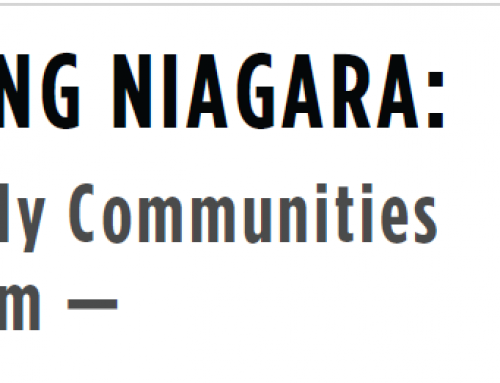This report cites a lack of qualified Early Childhood Educators (ECEs) needed to staff additional spaces as a key reason that the Canada-wide early learning and child care program may not successfully provide the additional 250,000 child care spaces by 2026 as envisioned in the 2021 federal Budget. The shortage of ECEs is partly due to the low wages in this occupation.
The report:
- Investigates a proposal for an across-the-board 25 per cent wage increase for qualified ECEs. It finds that this proposed wage increase would be sufficient to attract the necessary number of ECEs to support the expansion of the child care system in Canada. However, other considerations such as investment in physical capacity and training for the child care workforce would also be needed for expansion.
- Reviews the social benefits of the expanded child care network. It projects that with the estimated cost of $1.2 billion needed to raise ECE wages by 25 per cent, investment in higher ECE wages would have a benefits-to-cost ratio between 1.88 and 2.06, due to the economic benefits it generates.
- Discusses the potential long-term effects of this expansion of the child care system on children’s development, quality of care, and fertility rates.
The Ottawa-based Centre for the Study of Living Standards (CSLS) conducts research to contribute to better understanding of trends in living standards, and contribute to public debate on the topic.
Published By: Alisaleh Shariati, Centre for the Study of Living Standards
Publication Date: May, 2024
Click here to access Addressing the Early Childhood Educators Labour Shortage in Canada: Challenges, Solutions, and Impacts






